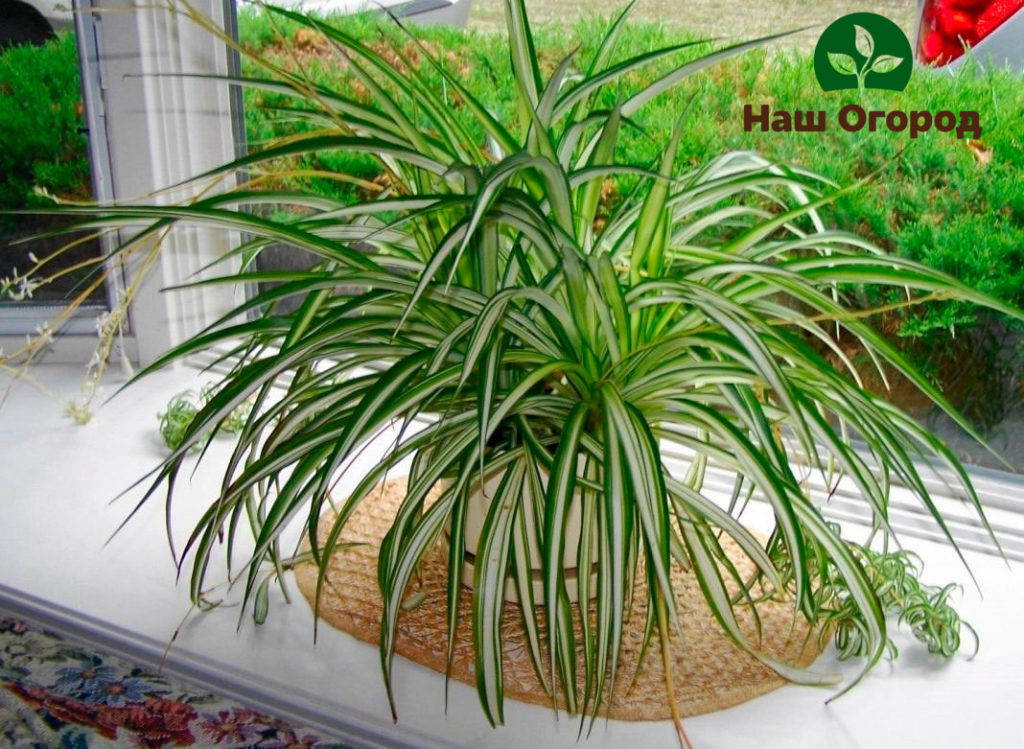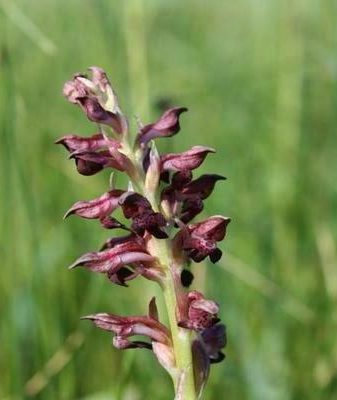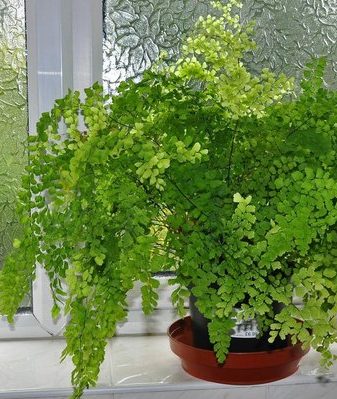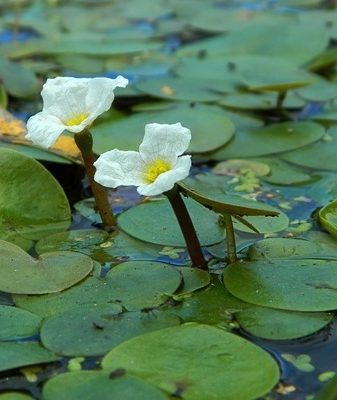What are phytoncides, and how they can turn your home into a real piece of paradise
Phytoncides are bioactive substances that form and excrete plants, these substances inhibit the development of bacteria or even kill them. They got their name from the Greek phytón, which means "plant" and the Latin word caedo - "I kill." It is a natural medicine that is produced by herbs, flowers, trees and shrubs, but they act on various microorganisms. And of course, there is no bush, flower or tree in nature that will disinfect your home 100% and cure you of all diseases. But with some knowledge and choosing the right landscaping for your home and garden, you can significantly improve air quality and your well-being. Phytoncides are divided into two types. Volatiles are secreted by certain plant species and penetrate into our body with respiration and through the skin. They protect us from infections and viruses, normalize blood pressure, improve metabolism, regulate sugar levels, and stabilize the nervous system. Non-volatile accumulate and are contained in the tissues of absolutely all plant organisms.
Have you noticed how easy it is to breathe in a pine forest or in a juniper grove? This is because coniferous phytoncides are most successful in purifying the air and coping with almost all types of bacteria. Of course, starting a coniferous forest at home is an impossible task, but it is quite possible to plant an indoor juniper or araucaria, they will purify the air, exude a pleasant aroma and create a mood. Just remember that conifers do not like heat very much and choose a place for them in a cool room.
 Conifers that emit phytoncides: photo
Conifers that emit phytoncides: photoIndoor lemon (as well as lime, orange and other citrus fruits) release a whole complex of substances that not only purify the air, but also have a miraculous effect on health, increase stress resistance and performance.
Representatives of the Myrtle family are popular among flower growers not so much because of the symbolism of the myrtle tree, but because of their distinctive feature - a high content of phytoncides. The most famous plants of this family are just myrtle itself, tea tree, guava, eucalyptus, feijoa, clove tree, callistemon... In terms of phytoncide content, eucalyptus is a champion among deciduous trees and herbaceous essential oil plants. That is why it is called the "tree of life" and there are many medicines based on eucalyptus. And flies and mosquitoes can't stand the smell of eucalyptus leaves, which is also good!

A hardy and persistent chlorophytum as a "home ecologist" absorbs carbon monoxide, acetone, ammonia and formaldehyde vapors. For a day, he is able to purify the air in a ten-meter room by almost 80%! At the same time, it is not afraid of drafts, it grows at any temperature, in the shade and in the sun.
Any begonias, aloe, cyperus and of course geraniums will also be useful at home! All parts of geranium (or pelargonium) contain useful substances, the aroma of essential oil relaxes and improves sleep, it is recommended to place it in the bedroom.
Cherries and lingonberries, gooseberries and strawberries, blueberries and cranberries - these berries can disinfect E. coli. And the juice from the berries of lingonberry, currant, and also from the viburnum neutralizes Trichomonas. And it is very important that the active phytoncides in these juices are preserved at any temperature, both at high and at low temperatures.
Allspice, cloves and cinnamon are famous for their antimicrobial properties, precisely because they contain a lot of phytoncides. So when you add these spices to food, you not only improve its taste, but also decontaminate it.That is why onion and pepper are certainly added to minced meat - to eliminate microbes that could theoretically be in meat.
Foreign and Russian scientists carried out many experiments, during which it was confirmed that, under the same other conditions, the air in a room with plants emitting phytoncides is much cleaner and contains fewer bacteria than in a room without plants. So, be sure to organize an oasis of beautiful and useful plants in your home and be healthy!




